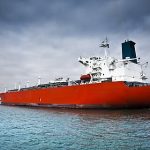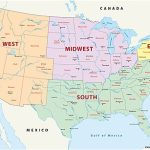
Just as pandemic-related supply chain dislocation among motor manufacturers has begun to abate, carmakers have warned that they are being hit by the sharp fall in sterling and rapidly rising energy costs.
The latest UK car factory output figures were only 50,000 in August, a rise of 34 per cent on the previous August when factories were recovering from Covid lockdowns and restrictions. For the year to date, volumes remain down by 13 per cent, with the annual production rate of 781,000 less than half of the 1.7 million achieved in the pre-Brexit days of 2016.
British carmaking is dominated by Jaguar Land Rover, Nissan and BMW, with its Mini and Rolls-Royce marques and Aston Martin with its BBX SUV model built in St Athan, Wales.
More than three quarters of cars made in Britain are for export. A dramatic fall in the value of the pound notionally helps exports, but more than half the components used in British-built cars are imported and are made dearer by weaker sterling. Carmakers are also facing rises in the costs of energy and raw materials, as well as post-Brexit trade friction.
The Society of Motor Manufacturers and Traders said the total energy bill for the UK car industry had risen by £100 million a year to £300 million.
Richard Peberdy, head of automotive consultancy at KPMG, said inflation and a weakening pound were driving up costs. “Passing costs to the consumer is becoming increasingly challenging,” he said.
Read more:
Carmakers face further hurdle as pound falls






